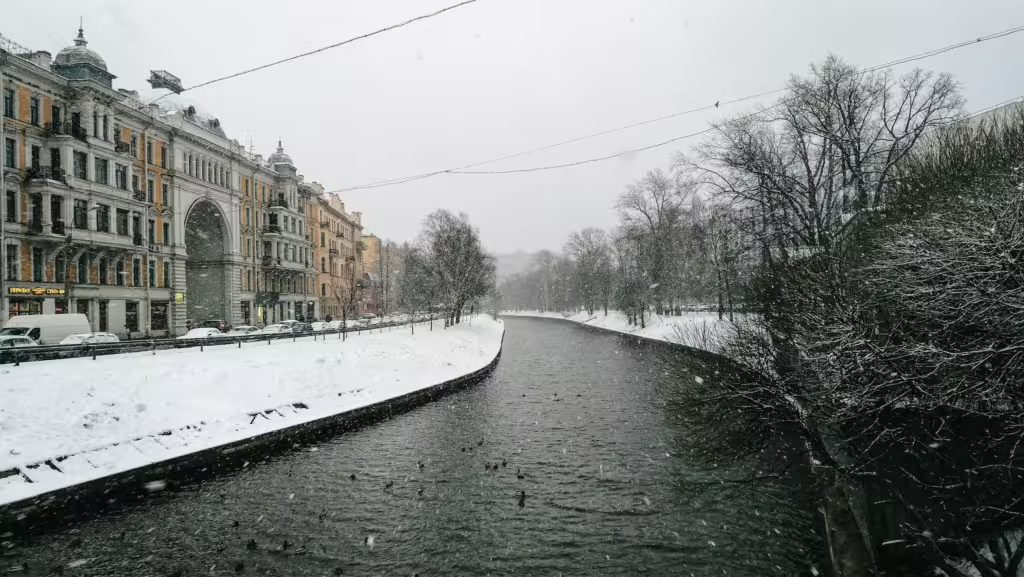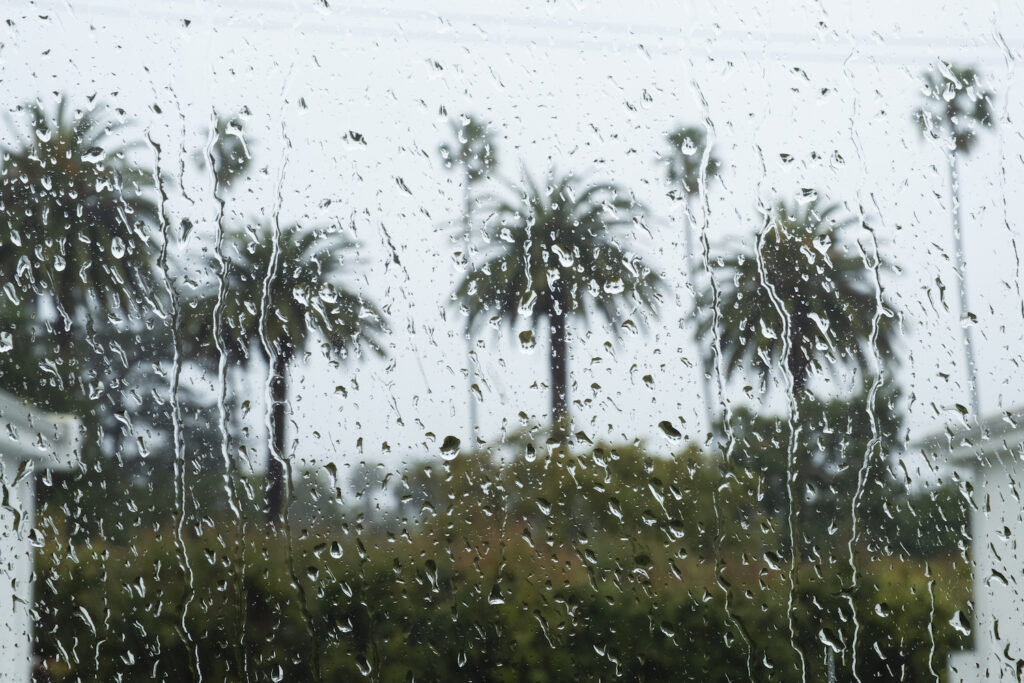It is too often taken for granted in discussions of climate that Arctic sea and Antarctic land ice are rapidly disappearing, with ominous implications. Reality is not so simple. You can see satellite data on polar ice coverage since 1979 at The National Snow and Ice Data Center website. The bottom line: The Arctic is declining somewhat, the Antarctic is not; and both regions are frozen solid every winter.
What really matters with climate, a point alarmists are more prone to lecture others on than to take into consideration themselves, is longer-term fluctuations. Good satellite sea ice data only goes back to 1979, which marked the end of a mid-20th century cooling trend. So it is not surprising that Arctic ice has since been shrinking back toward the levels of the 1940s. The shortness of the record and the overlap with a previous cycle makes it hard to distinguish natural and manmade causes.
In any case melting of sea ice, which much Arctic ice is, is not a big deal for the catastrophic sea level rise we’re often threatened with because it is already displacing a lot of water simply by floating in it. If all the ice on land, which much Antarctic ice is along with the Greenland ice cap, were to melt the matter might be quite different. But the fact is that ice, like so much in climate, expands and contracts in very complex cycles and an ice-free Arctic, should it occur, would not be unprecedented.
It was possible to navigate the fabled northwest passage in the 1940s and early in this century; it was not possible in the great age of exploration because the Earth was then entering the Little Ice Age whose beginning, and indeed end, can hardly be ascribed to human agency. We also know that the Earth was a warmer during the Roman and earlier Holocene warm periods than it has been recently without catastrophic inundation or, indeed, the death of the polar bear.



You mean that this is not true?
https://www.theonion.com/world-s-22-000-polar-bears-forced-to-share-last-remaini-1819592276
Thank you for this post. There were a couple points you made that I think are important to keep in mind when it comes to climate change in todays world. One, is that ice is melting in some places in the Arctic and Antarctic circles, but there are also areas that are holding steady when it comes to ice mass. Especially with the use of social media, it is easy to get a false idea of what is actually happening when it comes to the correlation between human induced climate change and melting ice. The reality, as you mentioned, is that the Earth goes through short and long term fluctuations when it comes to climate which complicates the process of attributing changes to humans. Humans are no doubt altering the climate by emitting excessive greenhouse gases into the atmosphere; but emitting excess greenhouse gases disturbs already complicated natural cycles. For example, man-made sulphate aerosols actually cool the Earth because of their ability to help seed more cloud nuclei, reflecting more insolation back to space (a phenomenon rarely acknowledged in todays media yet very important to the full story of climate change). Humans are altering the climate, but simply saying that humans cause ice to melt does not tell the full and complicated story of the natural processes and cycles that are being altered by human activity.
Secondly, I like your point about the limitations of data. As you mentioned, modern satellite data has only been collected for the past several decades. The response of the Earth to anthropogenic forcing can take decades or longer. Observing ice changes on the poles must be done with this in mind, as other natural factors or oscillations may be contributing to or amplifying the effect of human activity. Human contribution to a changing climate is evident, but the extent of our contributions cannot be completely determined from four decades worth of satellite data alone, like many in todays world try to do.